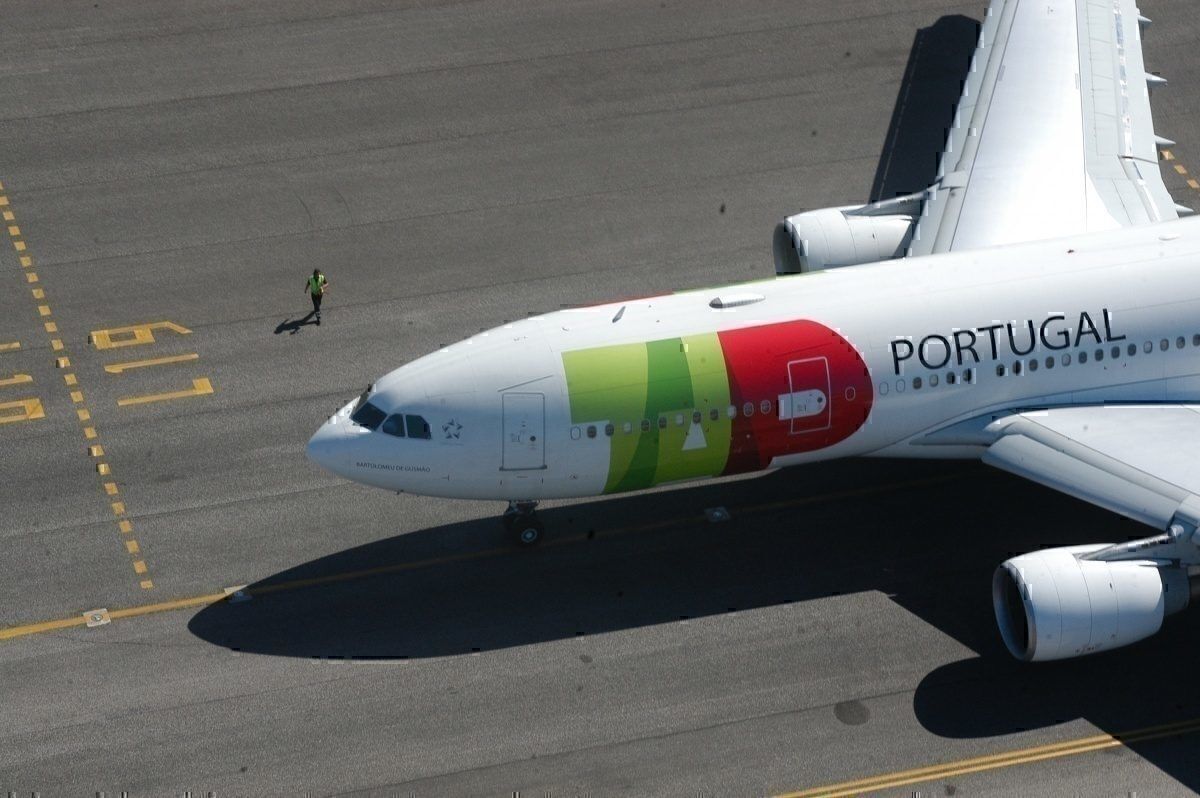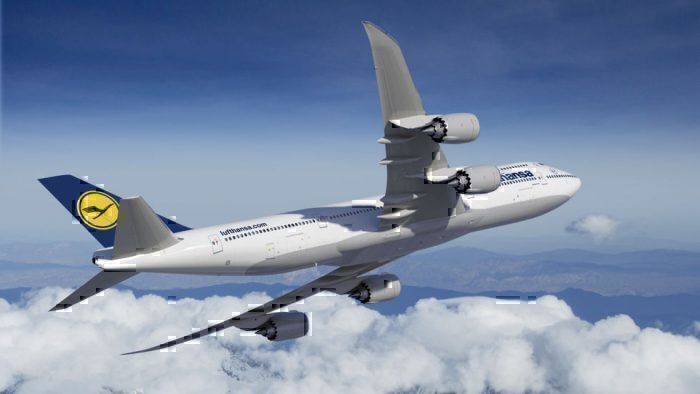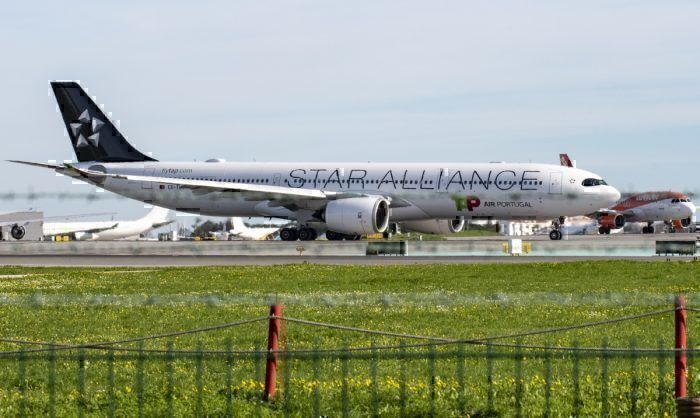TAP Air Portugal could soon have new owners. Serial airline founder David Neeleman is reportedly looking to sell his consortium’s 45% share of the airline, and two buyers are already lined up to take it. United Airlines in partnership with German powerhouse Lufthansa have allegedly already begun negotiations for the stake; what could this mean for TAP?
What’s happening?
According to a report in Portuguese media Jornal de Negocios, both Lufthansa and United Airlines are eyeing a stake in Portuguese flag carrier TAP Air Portugal. While founder David Neeleman denied wanting to sell his stake in the Portuguese airline last year, it appears he has changed his tune as the outlet reports Lufthansa has teamed up with United Airlines to negotiate for the stake.
TAP is currently part-owned by the Atlantic Gateway Consortium, a partnership between David Neeleman and Portuguese entrepreneur Humberto Pedrosa. Atlantic Gateway owns 45% of the airline, while 50% is owned by the Portuguese state and 5% by employees.
It is Neeleman’s 45% share that is up for sale. Previously, Portuguese media had speculated that there were several companies in the running for the stake, including Air France-KLM and IAG. However, now it is being reported that Lufthansa and United Airlines have already begun negotiations.
Speculation suggests that Neeleman has some sort of conflict with the Portuguese government. It is thought that this was over wanting to list the company on the stock exchange, a move that Portugal’s socialist government was strongly against. As such, Neeleman has taken the decision to pull away from the airline.
What would a TAP stake mean for Lufthansa and United?
An investment in TAP would be a logical step, particularly for Lufthansa. The German carrier is already gaining ground in Brazil, which is the most important international market for TAP and for Portuguese travelers in general.
United too is pressing to secure a greater footprint in Latin America. The airline already cooperates with Avianca and Copa through the Star Alliance, but has been floating a joint venture between the three airlines for some time now. With United’s recent huge 24 gate expansion in Denver all signed off, the time couldn’t be better for it to launch an assault on the Latin American market.
TAP has had a solid grip on Latin America for some time. Earlier this year, the airline signed a partnership agreement with Azul to increase connectivity between Europe and Brazil. Just last week, TAP announced an expanded codeshare with fellow Star Alliance carrier Avianca, boosting its network in Latin America even further.
The airline has announced its intention to boost European tourists to Brazil by 200,000. With the backing of Lufthansa and United, it could achieve that sooner than expected.
A good buy?
Buying into TAP right now looks, on the face of it, like a poor move. The airline has had some highlights over the past few years, but in terms of profits, it’s yet to deliver a good return.
TAP’s earnings release for 2019 showed that the carrier had experienced a notable uptick in passenger demand. Over the year, it carried 17.1m passengers, an increase of 8.2% year on year. In fact, since 2015 when Atlantic Gateway took the 45% stake, the airline has noted a 60% growth in passenger traffic.
However, despite the boost in passenger traffic, TAP finished the year with a sizeable loss. The carrier reported a €105.6m ($114.67m) loss over the course of 2019, although it did report a positive figure for the second half of the year, suggesting things were moving in the right direction.
The impressive upgrades of its long haul fleet, including being the first to fly the groundbreaking A330neo, put TAP in a solid position to perform better in the coming years. Having taken delivery now of 19 A330neos and 14 A320neo family aircraft, the carrier has driven down the average age of its long haul fleet from 15 to just 3.9 years.
As such, the airline’s long haul ops should get noticeably cheaper to operate, thanks to the boost in fuel efficiency offered by the neos. With its new Avianca codeshare and the might of United Airlines and Lufthansa behind it, TAP could soar to new heights over the course of 2020.



